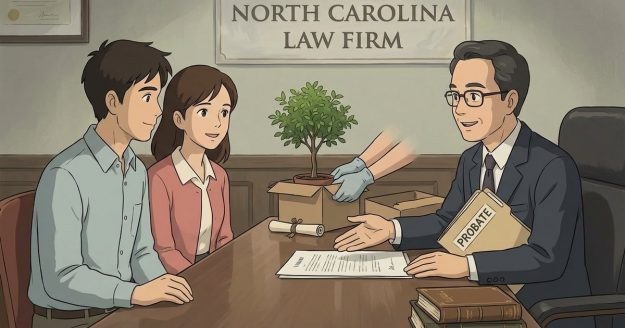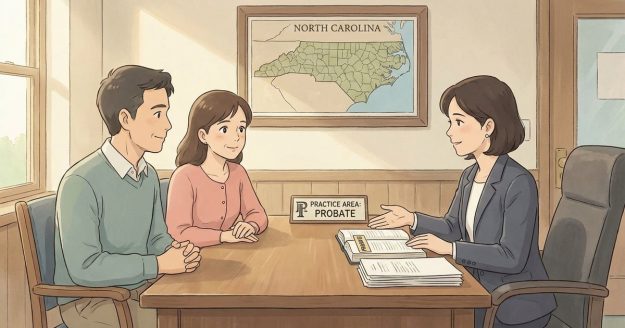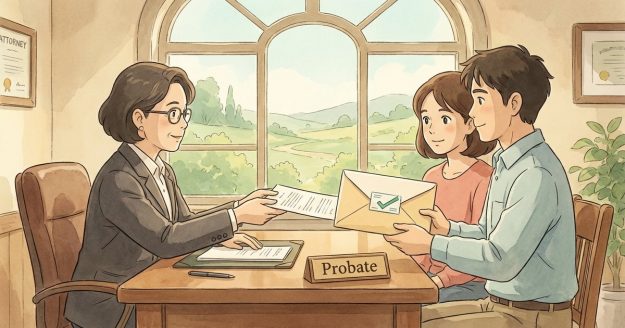Can the trust assets be transferred to a new corporate trustee without selling the stocks, so the holdings move “in kind” instead of being liquidated? nc
Can the trust assets be transferred to a new corporate trustee without selling the stocks, so the holdings move “in kind” instead of being liquidated? – North Carolina Short Answer Often, yes. Under North Carolina trust administration, a change from one corporate trustee to another can frequently be handled by transferring the trust’s brokerage assets…











